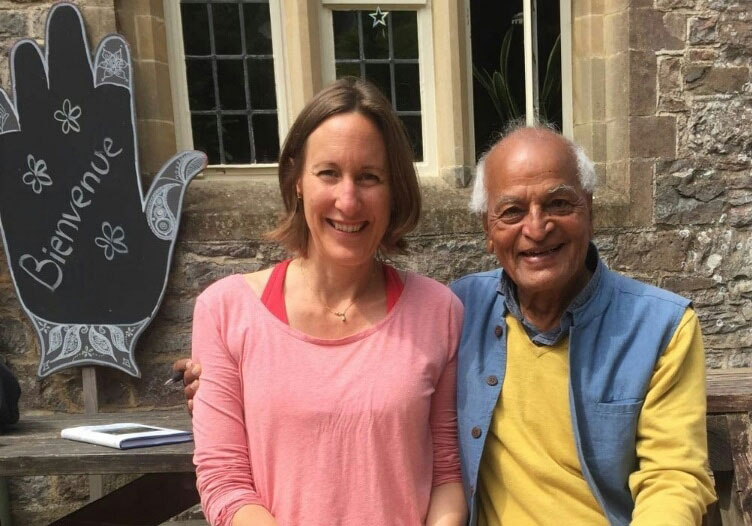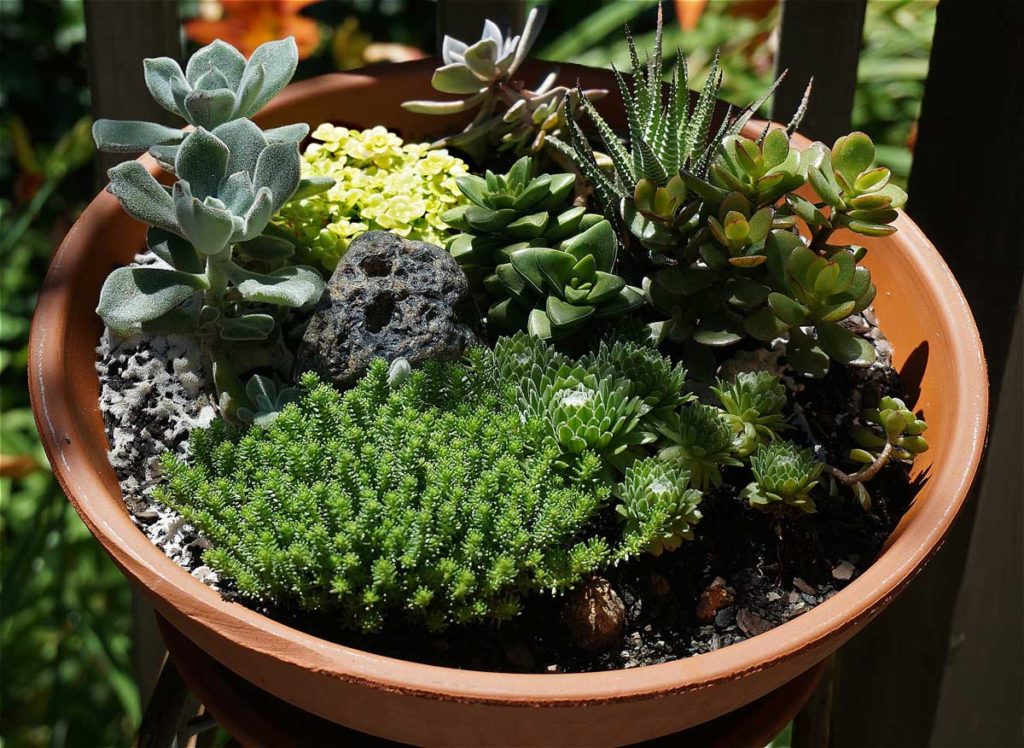April – “Soil, Soul, Society”: urban ecology with Satish Kumar

Dear yoginis and yogis,
as I wrote in this other article, the Indian philosopher and ecologist Satish Kumar is one of the living teachers I most admire and who most inspire me. He recently spoke at a wonderful new venue, 42 Acres Shoreditch, the London branch of a beautiful eco-retreat in Somerset called 42 Acres (oh, how I would like to teach yoga in both of these places!). The topic of the speech was “Soil, Soul, Society”, the eco-spiritual trinity Satish regards as most urgently needed in our urbanised societies.

I recently enjoyed planting flowers and succulents to bring nature into our London flat. Therefore, the soil/soul connection sure resonated with me! Satish reminded us that “we have to develop our inner landscape first, then embody our ideals, then share them with the world”. We should be “pilgrims of transformation, leaders of change”, each of us within our local community (“think global, act local” is another favourite slogan of his). He also told us that “a tree is like a living book”, sharing how his mother thought trees wiser even than the Buddha, and citing as proof the fact that Buddha had found enlightenment under a bodhi tree.
So, what can we city-dwellers do?
More than you might think! As the former founder of an innovating school, Satish likes to emphasise the importance of teaching children how to grow vegetables from seed in little urban gardens and how to cook a balanced meal. Children need “Head, Heart and Hands” – we need to teach them how to make things manually, to get their hands dirty with soil, pastry, clay, or finger paint.
Then, creative thinking can be applied to our cities: using rooftops and even walls to grow plants, or to harvest solar energy and rainwater. Walking or cycling to use less energy and be healthier, avoiding plastic by choosing reusable bags and containers, recycling our kitchen waste to make compost, and bringing life back into residential neighbourhoods with teleworking schemes that allow people to live and work in the same area – these were Satish’s ideas for the urban ecologists among us.
Satish also reminded us that such ideas are not merely dreams, since many people are choosing to make them real. He cited his brainchild, Schuhmacher College in Devon, as well as the Transition Town movement, the Findhorn communityin Scotland and the Centre for Alternative Technology in Wales (where you can learn to build a tiny house or an earth oven!).
If you don’t know how to start being an ‘urban ecologist’, walk to the nearest park for a round of calming pranayama, or check out these pretty succulents: they only need watering once a month and they’re easy to find in a store near you, for your urban mini-garden experience!
Happy spring, Namaste


